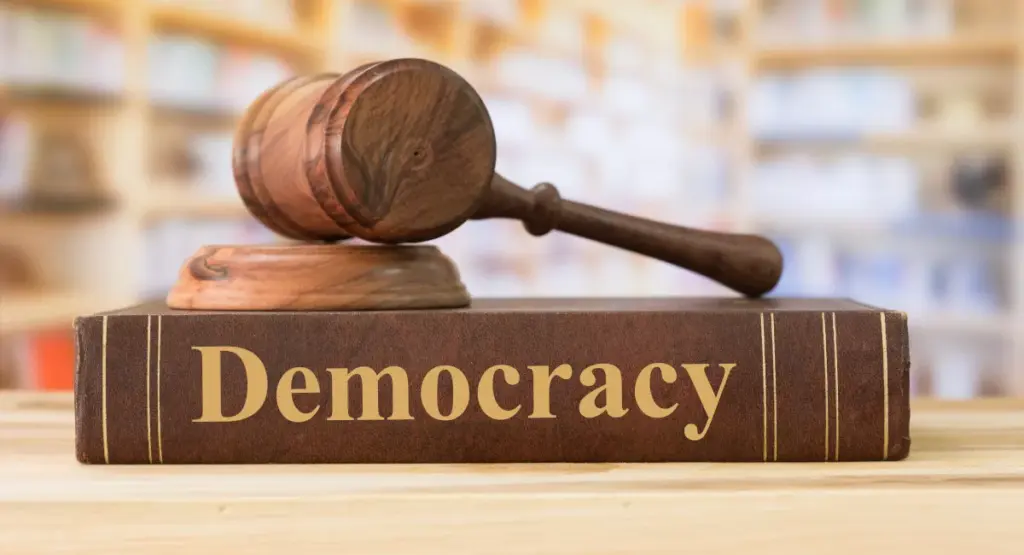Twenty-six years after the return to civil rule in 1999, prominent legal minds across the coun-try are sounding the alarm over the state of Nigeria’s democracy, warning that the system is slowly re-gressing into authoritar-ianism and, more worry-ingly, creeping towards a one-party state.
Constitutional lawyers and civil rights activists, in separate interviews and public forums, have voiced deep concerns about the erosion of democratic in-stitutions, the weakening of the judiciary, and the increasing dominance of the ruling All Progressives Congress (APC) in a man-ner reminiscent of mili-tary-era centralism.
A foremost constitu-tional lawyer, rights activ-ists and Senior Advocate of Nigeria, Professor Mike Ozekhome in his reaction noted the erosion of demo-cratic norms, citing increas-ing cases of executive im-punity, legislative docility, judicial intimidation, and the shrinking space for op-position voices. “What we are witness-ing is not the democracy we fought for. Democracy thrives on checks and bal-ances, but we now have a dangerous concentration of power in the executive” Reacting, a constitution-al lawyer, Dr. Nelson Akinwale, said democracy in Nigeria has been reduced to “a mere civil rule.”
“What we have is a ci-vilian arrangement run by ex-military and political elites who have no regard for transparency, justice, or the rule of law. We elect people, but they act like emperors. They violate court orders, politicise the police, and loot public funds with impunity “The rise in electoral violence, suppression of opposition voices, and the frequent use of state instruments to intimidate dissenters as evidence that the country is heading backward” He similarly questioned the credibility of Nigeria’s elections, especially since 2015. According to him, “Elections are increasing-ly rigged, monetised, and compromised.
People have lost faith in the system. “INEC’s neutrality is constantly in question, and the judiciary is often left to clean up political messes created by flawed polls.”
He lamented the 2023 elections as a flashpoint, citing irregularities, disen-franchisement, and wide-spread voter apathy, par-ticularly among the youth. “With the ruling APC now controlling over 24 states and gradually ab-sorbing opposition figures through high-profile de-fections are warnings that Nigeria is drifting danger-ously close to a one-party state”.















